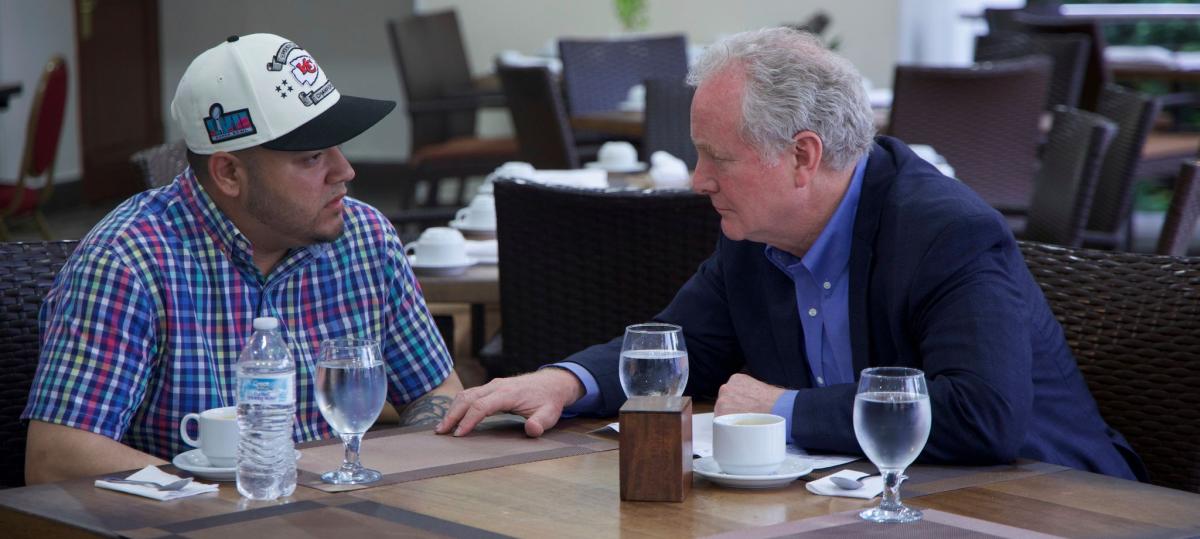Many non -church members have a church funeral

Funeral|In Finland, the Church’s responsibility for funeral arrangements is still great, while in many other countries the funeral agencies take care of everything, says Auli Vähäkangas. You can share your own experiences of funeral arrangements at the end of the story.
There is It is very common for non -church deceased to be blessed in the grave. The event can be arranged at the request of the relatives if the deceased has not denied ecclesiastical blessing before his death, says an expert in the Evangelical Lutheran Church of Finland Terhi Paananen.
« For example, in Sweden, there is a strict policy that the church does not act as a blessing if the deceased is not a member of the Church, as the resignation of the church is interpreted as a desire for the ecclesiastical event to be organized. In Finland, we still have an old state church tradition that the Church will handle social issues, and therefore the non -church is blessed. »
Professor of Practical Theology at the University of Helsinki Auli Vähäkangas has interviewed Finns in hospice care and knows that many non -church members have nothing to do with the blessing of the grave.
”
For some relatives, it may even come as a surprise that the deceased was not a church.
Vähäkangas estimates that the change in the grave blessing will be the last to take place in Finland for ecclesiastical events. Ecclesiastical marriage marriages have already declined dramatically, and more and more will host a naming party instead of a baptism.
« In five years, a big change in the funeral culture may also be seen. »
An unpredictable cemetery in Honkanummi Cemetery in Vantaa. The unpredictable area of the cemetery is common to the congregations of Helsinki and Vantaa. Burial to a non -confessed cemetery requires an explicit request.
Vähäkangas According to the unprecedented memorial service today, it is still quite difficult in Finland and requires more resources from relatives.
There is no one formula for unpacking memorial events. For example, the know -how of funeral agencies with regard to them may be variable and may not be able to guide it to the unprecedented events. Vähäkangas says that there are few recognitions of the funeral industry in Finland at all.
« We have the arrangement of the Evangelical Lutheran Church for the funeral, while in many other countries the funeral agencies take care of everything. Many may first contact the Lutheran church and then to the funeral office, » says Vähäkangas.
It would be important for Finns to talk more about their funeral wishes when they are already living so that the wishes of the deceased would be better fulfilled, points out the doctoral researcher at the University of Helsinki Helena Krohn. For some relatives, it may even come as a surprise that the deceased was not a church.
According to Krohn, there are poor spaces in Finland to bring the coffin for the unpredictable farewell. Not all churches may rent their premises for unpredictable farewell events for non -religious deceased.
Krohn says that the so -called direct pain has become more common in Finland. In direct pain, the deceased is ashable without a ceremony, whereby a possible farewell or ash scattering event can be arranged in any space. Some relatives want to sprinkle ashes, for example, in their summer cottage, sea or other nature. However, this is also governed by the law, and the landowner must request permission.
There are also ash scattering areas in the cemeteries. Relatives can take the memorial service themselves or order an unprecedented speaker.
However, it is important for a large part to spend a farewell event specifically by the coffin.
”
According to Krohn, for example, changes may be such that the word God is not used.
« It’s the traditional way to leave farewell to the deceased. Over this step requires a greater cultural change, » Krohn says.
Ecclesiastical The blessings follow the same pattern, whether or not the deceased belonged to the church or not, says Terhi Paananen.
« According to the Handbook of Ecclesiastical Deliveries, this is always a Christian event that includes reading Bible texts, singing hymns, and praying. »
Helena Krohn interviewed Finnish priests for her doctoral dissertation. According to the interviews, at least some of the Finnish priests, at the desire of relatives, transform the blessings of non -church -belonging to be less religious.
According to Krohn, for example, changes may be such as not using the word God, choosing love -telling Bible texts, or trying to avoid traditional blessing words.
« Whether or not there is a wide satisfaction with those who want non -religious funerals to such changes is another matter, but such a desire to fulfill the desires of the deceased and the relatives was conveyed from the speeches of the priests I interviewed, » Krohn says.








